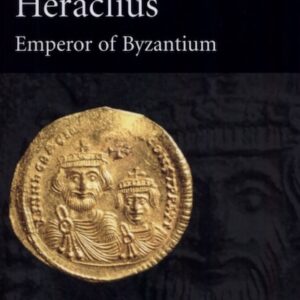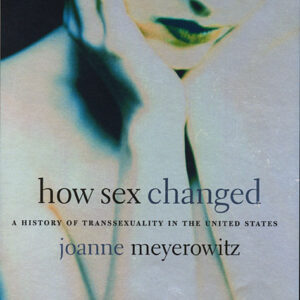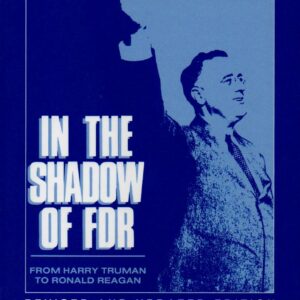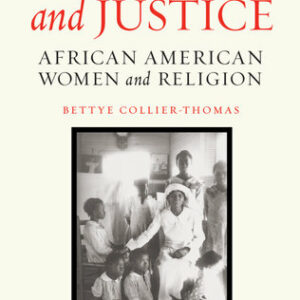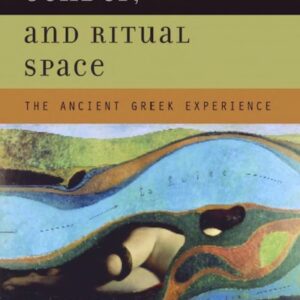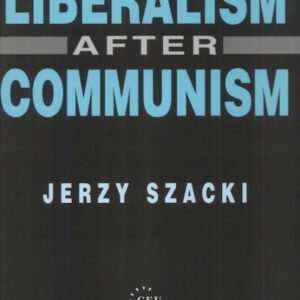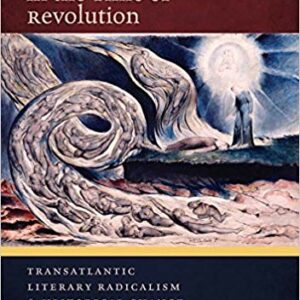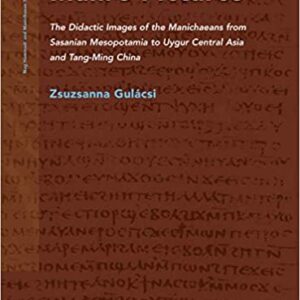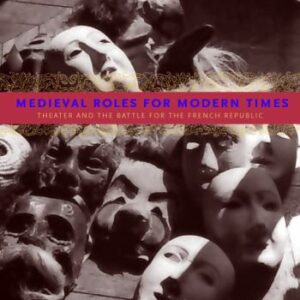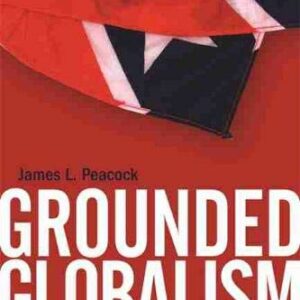
Grounded Globalism: How the U.S. South Embraces the World
By James L. Peacock (NHC Fellow, 2003–04) The world is flat? Maybe not, says this paradigm-shifting study of globalism's impact on a region legendarily resistant to change. The U.S. South, long defined in terms of its differences with the U.S. North, is moving out of this national and oppositional frame of reference into one that … Continued
